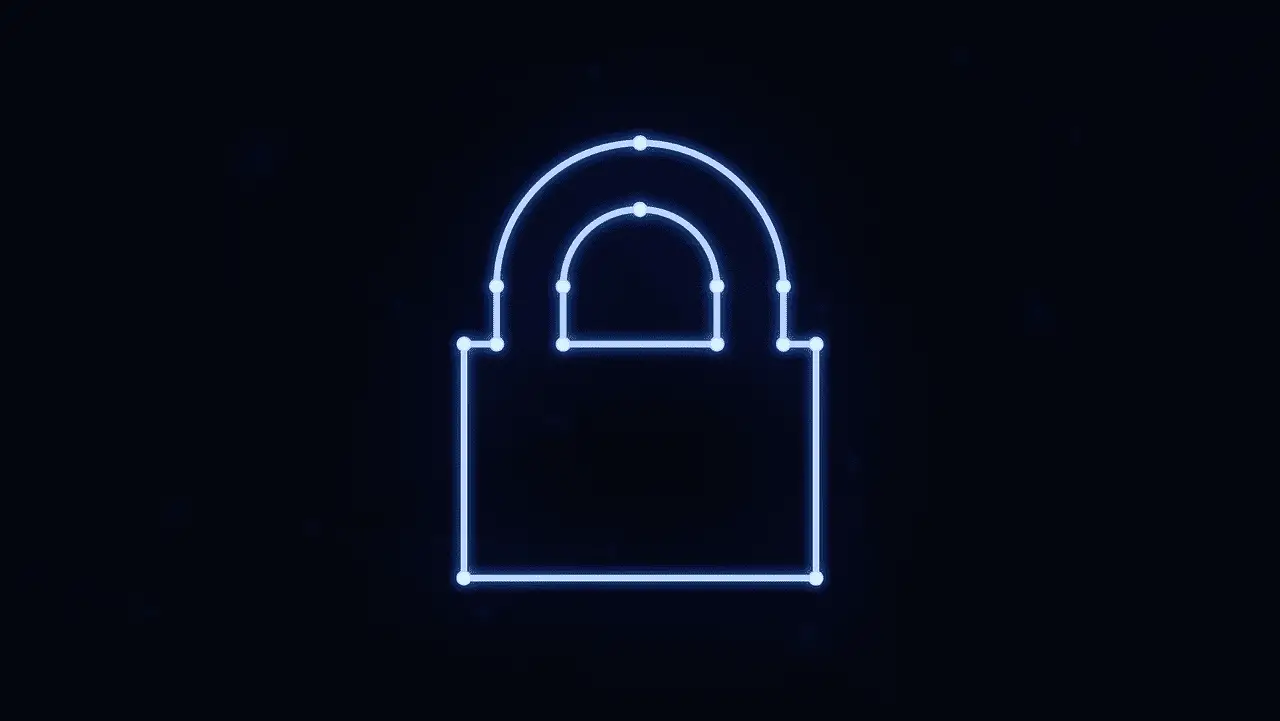Exactly How Secure is the Hybrid Cloud?

Concerns around security have regularly been raised throughout the rise and rise of cloud computing. One of the issues that comes into play when discussing hybrid cloud solutions is how this approach differs from a purely private or entirely public alternative.
So what are the factors influencing security in a hybrid cloud context, and what considerations do you need to keep in mind if you do decide to adopt?

Image Source: Pixabay
Observability is key
One of the linchpins of modern cybersecurity is observability; unless you can monitor and oversee the various assets that make up your IT infrastructure, it’s difficult to detect and deal with attempted or successful breaches.
You might assume that the increased complexity of the hybrid cloud, with its combination of on-premises and remotely hosted resources, would be a sticking point from an observability perspective.
Thankfully, with the help of modern tools offering automated discovery and alerting across your entire stack, this isn’t a concern.
Flexibility is part of the appeal
Another way in which security is assured through the hybrid cloud is in the very nature of the design of such a setup.
A hybrid cloud solution gives you the option to divide your data according to its sensitivity and importance. For the information that you want to protect and control closely, in-house storage can be used. For data that’s less vulnerable, third party remote storage is your best bet.
And of course because the hybrid cloud allows these infrastructures to interact and behave as if they were one and the same, you won’t be making compromises in terms of practicality or productivity, nor when it comes to security.
Not all vendors are created equal
It’s worth pointing out that, as with any market, there are some hybrid cloud vendors that are leaders in terms of their security capabilities, and those which are not quite as rigorous or reputable.
This is why it’s tricky to talk about hybrid cloud security in a blanket way. You still need to do sufficient research into a vendor before you commit to a product or package they offer.
This is not just about giving you peace of mind regarding data security, but also to ensure compliance with relevant regulations in your region.
Security investment is incentivized by market pressures
Having spoken about the variable quality of hybrid cloud vendors, it’s worth noting that this market is very much driven by intense competition. This in turn means that it makes sense for vendors to take security seriously, and to invest as much as they can into protecting their commercial clients.
From the physical security of the data centers they operate, to the cybersecurity measures which are always being updated and improved as new threats and trends emerge, cloud vendors cannot be faulted for their enthusiasm here.
Responsibility is shared
It’s impossible to guarantee total security in any IT setup, since even if you are entirely reliant on services provided by third party vendors, a lot of the vulnerabilities will exist internally, or through third party software and apps.
This is why you need to accept a degree of responsibility when thinking about hybrid cloud security. Weak points internally and human error may scupper your best laid plans, and prevent even the most secure vendor offerings from withstanding attacks.
Training employees appropriately and screening any apps and data you use on internal systems should be part and parcel of your wider cybersecurity strategy.
In fact, if you don’t already have a tried and tested strategy in place, then you need to consider this before you jump into adopting a hybrid cloud infrastructure.





